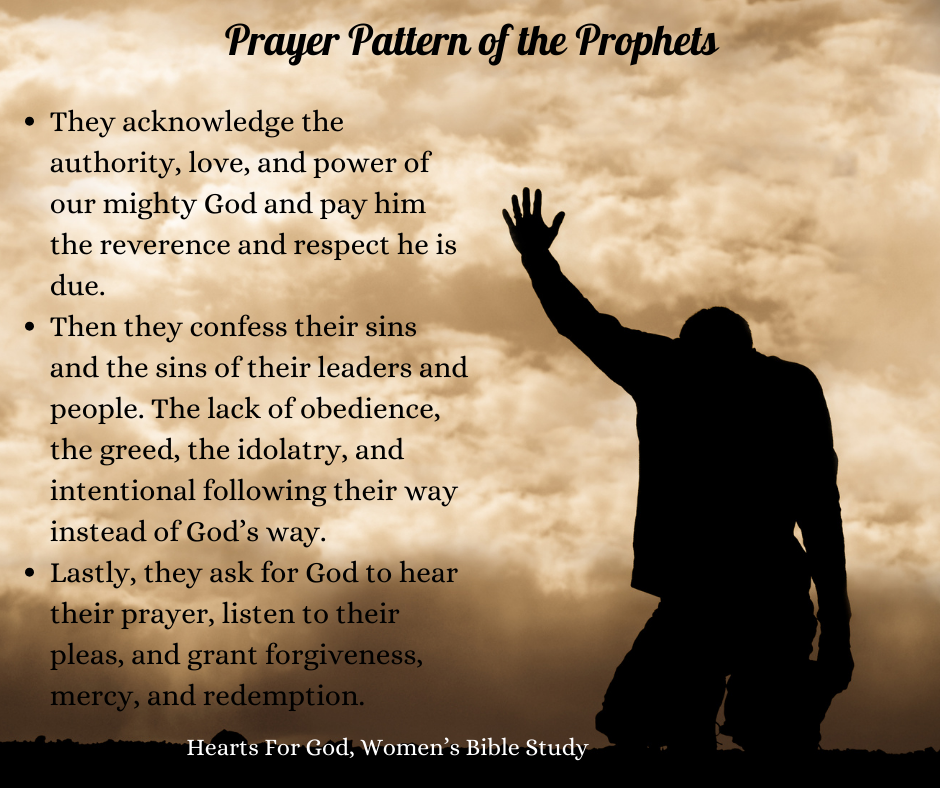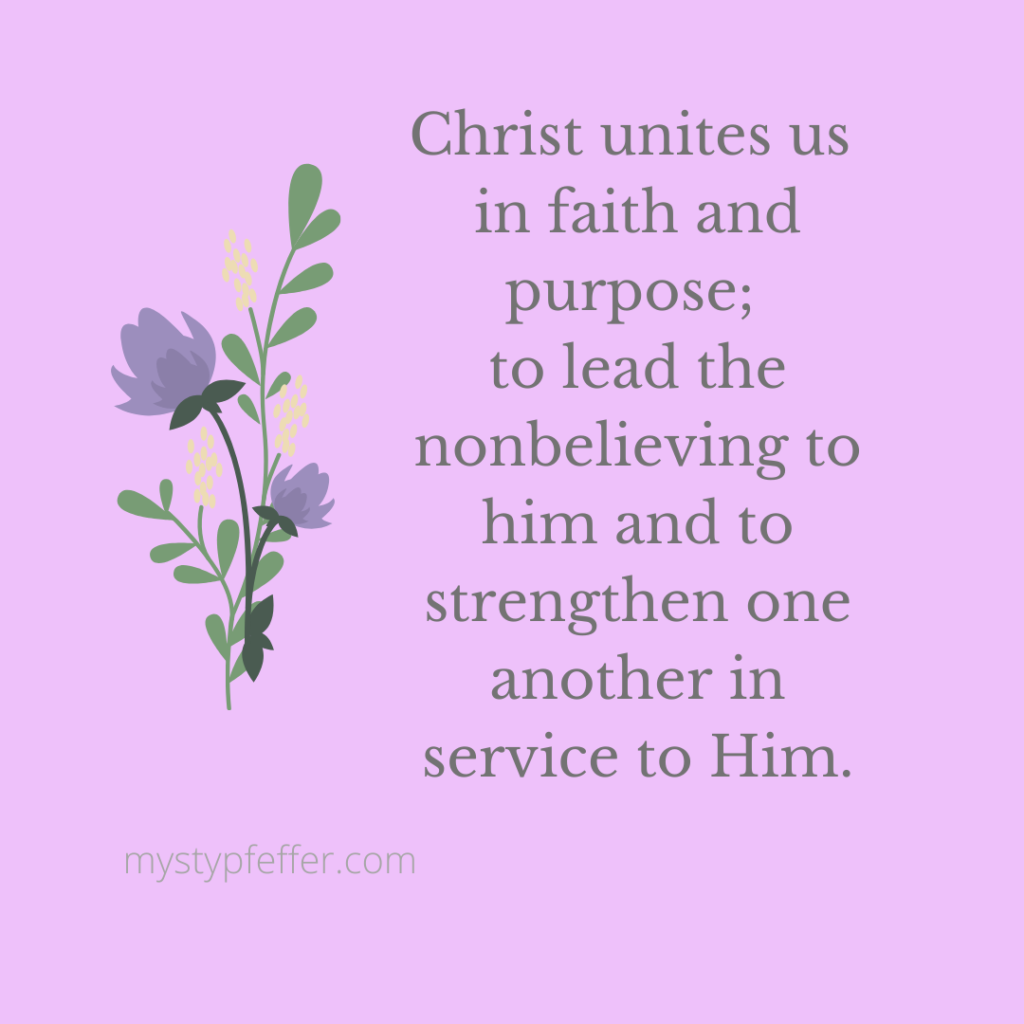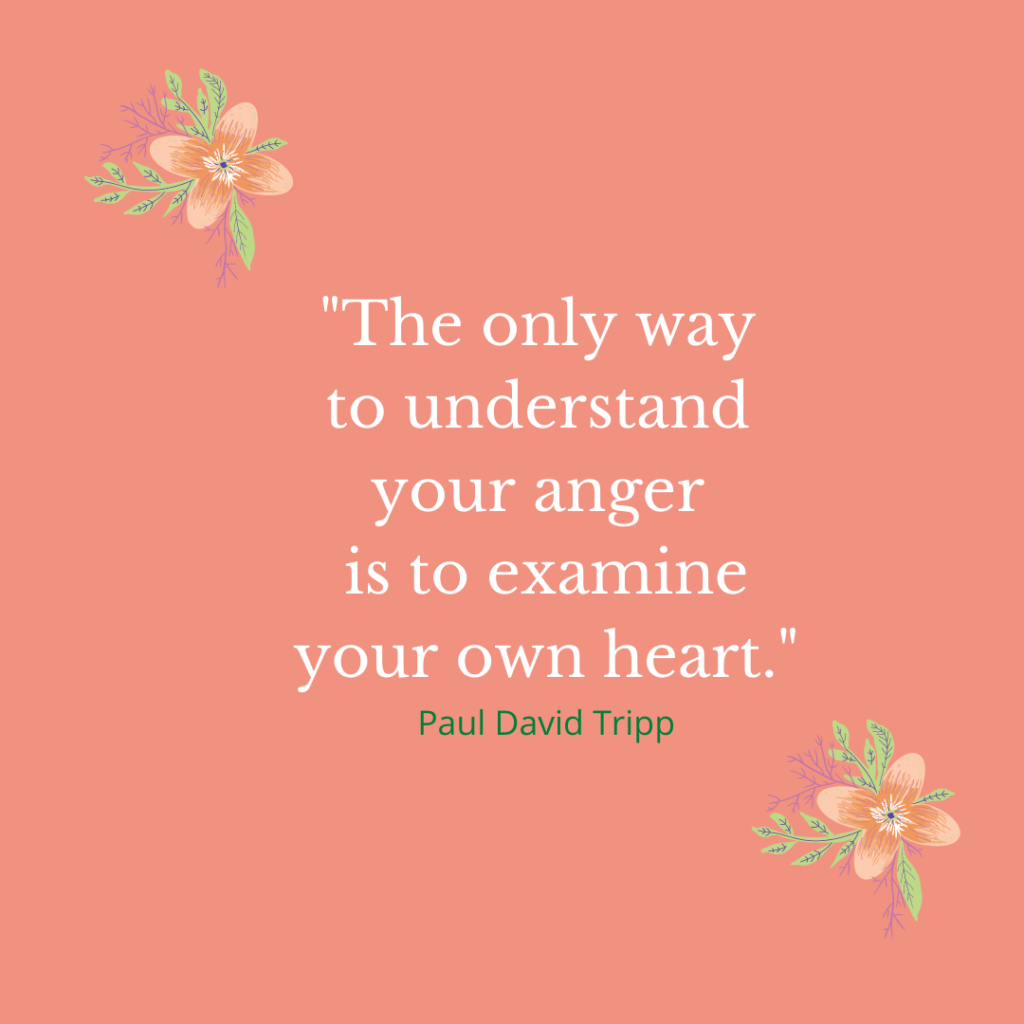2025 Sugar Fasting Challenge Devotion and Study-Day 1
Thirty days of purposeful thought on sugar to retrain our minds spiritually and physically.
Welcome to the 2025 Sugar Fasting challenge and devotion. Here is what to expect in this 30-Day Challenge:
Each day will start with a word of the day—a scientific fact about sugar— a scripture verse—encouragement—prayer—and a call to action.
The goal is to avoid all sugar and sugar substitutes for 30 days. This involves reading labels carefully for added sugar, removing the items from our grocery list, and being ready with an answer for why we are doing this to family and friends. If you need a refresher or are starting late, please read the Getting Started on a Sugar Fast post for tips on how to prepare.
Day 1
It’s early. We’re excited, ready, and willing to do this sugar fasting challenge. As the day progresses and temptations come and go, we stay focused on one goal. . . no sugar today.
We’ve cleaned the pantry and removed the offending items. We’ve stocked up on fresh fruit to stave off cravings. Moreover, we are thinking about our role in the cycle of excess exposure to sugar for our family.
Therefore, sugar is not coming in this house this month! Unless. . . you’re not quite there yet.
Hang in there, you have options!
Our word for today is train. In the life, we know train means to learn a new skill so we can do a new task.
Stop and think about this for a minute. You and I didn’t become the professionals we are in one day. We took it day by day and built on each skill as we progressed.
The principle is the same for us when training our minds and tastebuds to stop being slaves to sugar. Since sugar is an addictive substance that hits our dopamine pleasure receptors in a fantastic way, we rarely stop to think about the damage it causes to our cells.
During this 30-Day journey we will think about damage verses pleasure each and every day. Step by step we will peel back the layers of deception woven by greedy food companies and our own pleasure-seeking natures. We will also stop and consider the cost of short-term gratification and think more about long-term rewards.
Science Fact about Sugar Today: Excess Sugar’s Role in Insulin Resistance
“Without changing caloric intake, researchers find replacing starch or glucose products with sucrose and fructose increases fasting insulin levels, reduces insulin sensitivity, and increases fasting glucose concentrations.
In other words, calorie for calorie sugar is more harmful to the cells than starch for insulin sensitivity.”
All good reasons to think about the physical attributes of excessive sugar, right? Changing our mindset begins with thinking outside our usual limited, sugar craving, box. Our bran may say, “Well that’s what I’ve done every morning for years.”
On the other hand, a growth mindset says, “What can I use in its place? How do I consider the long-term reward that can outweigh sugar for me today?”
Strategies that may help as we decrease or eliminate sugar altogether:
- Reading labels for ingredients and thinking about how those ingredients contribute to disease.
- Counting the number of teaspoons of added sugar in each product (4grams =1 tsp)
- Tracking the number of grams (teaspoons) of Sugar consumed each day in food and drink.
- Remembering we matter and our health matters, so we can line those facts up with our core values and strengths.
- Consider pleasurable fruits that can replace sugar, experiment and expand tastebuds.
- Embrace a new routine or a new environment, and there is no limit to the expanded menu and activities available.
- Finally, persuading a friend to join you to share ideas can be highly motivating.
That covers the physical portion of this challenge, now for our mind, soul, and spirit!
Spiritual Sugar Fasting Support
A spiritual guide for us along the way is Scripture. Entrenched in the Bible are concepts of training our minds to live for enduring benefit rather than worldly pleasures.
When we didn’t know Christ, we readily relied on the world’s temporary pleasures. However, God’s Word teaches us living righteously, as faithful followers of Jesus Christ, is our greatest reward.
Practice comes through daily skill building, as we pay attention to our bodies, stress, emotions, and life. And just like a baby learns to use its tongue to discern sweet, salty, bitter, and sour, we will become more mature in sensing how and when we are more susceptible to sugar.
Hebrews 5:15 says this:
“But solid food is for the mature, for those who have their powers of discernment trained by constant practice to distinguish good from evil.”
How do the mature distinguish good from evil? Constant practice. Choices for moral and physical wellbeing go hand in hand. We’ve taken the first step by placing sugar in its rightful place of omission for a period of time.
As with many righteous tasks in life, physically and spiritually, we will continue to struggle. Yet, with the power of the Holy Spirit, we learn to overcome. Best of all, we learn to value putting off instant gratification for more profound and exciting rewards.
Prayer: Father God, please give us a desire to avoid the world’s temporary pleasures. Teach us how to distinguish good from evil, helpful and harmful, temporary pleasure from eternal rewards. May we always live righteously as faithful followers of Jesus Christ. Amen.
Call to Action: Write down three professional skills you use every day. How can these skills be used in accomplishing your sugar goals this month?
Diving Deeper with Bible Study for the 30 Day Sugar Freedom 2025:
Thanks for hanging in there with me so far! If you are looking to dive deeper into study, grab a notebook, and look up the following verses in their context. Then answer the questions that follow:
Now the Spirit expressly says that in later times some will depart from the faith by devoting themselves to deceitful spirits and teachings of demons, 2 through the insincerity of liars whose consciences are seared, 3 who forbid marriage and require abstinence from foods that God created to be received with thanksgiving by those who believe and know the truth. 4 For everything created by God is good, and nothing is to be rejected if it is received with thanksgiving, 5 for it is made holy by the word of God and prayer.
6 If you put these things before the brothers,[a] you will be a good servant of Christ Jesus, being trained in the words of the faith and of the good doctrine that you have followed. 7 Have nothing to do with irreverent, silly myths. Rather train yourself for godliness; 8 for while bodily training is of some value, godliness is of value in every way, as it holds promise for the present life and also for the life to come. 9 The saying is trustworthy and deserving of full acceptance. 10 For to this end we toil and strive,[b] because we have our hope set on the living God, who is the Savior of all people, especially of those who believe.
What does the Spirit say about who is led astray and how in verses 1-2?
Paul emphasized everything “created by God is good”, how does that compare with things created by man in our grocery stores?
The matter of eating clean or unclean food made by God and prayed over for God’s holiness are clear in these passages.
What does it say?
Based on the words before and after it, what do you think it means?
We see Jewish believers had a hard time letting go of their traditions. They failed to see how the old way of worshipping with strict eating laws were fulfilled by Christ’s sacrifice on the cross. Gentile believers were not tied to the same Jewish traditions, although food sacrificed to idols was a common practice for them culturally. Therefore, putting these things before the brothers (vs 6) allows discussion and hashing out the intricacies of faith in Christ.
How are we to be trained according to verse 6?
When we put away irrelevant and silly myths (in their culture and ours today) what are we training ourselves for? ((vs 6)
How does physical training compare with spiritual training according to verse 8?
We see both are of value; however, godliness trains us to be ready for our eternal home. How does bodily training help you, personally?
Do you find it interesting that food is the subject of contention in this passage?
Although food is a basic need to give us strength and fuel, in what ways do we make it an idol?
Fill in the blank “The love of _______________is the root of all evil.” (1 Timothy 6:10) The verse excerpt does not say money is evil, is says ___ ________ __ ___________ is the root of all evil. How does the love of food fit into this theme of idolatry?
It brings us back to the reason we want to train ourselves to live godly lives in today’s culture of overabundant food, material items, and possessions. When we place our focus on these things as a means of satisfaction in our daily lives we take our eyes off Christ.
If you put these things before the brothers,[a] you will be a good servant of Christ Jesus, being trained in the words of the faith and of the good doctrine that you have followed. 7 Have nothing to do with irreverent, silly myths. Rather train yourself for godliness; 8 for while bodily training is of some value, godliness is of value in every way, as it holds promise for the present life and also for the life to come.
What three ways do we begin to train ourselves for this battle of sugar addiction according to verses 6-8?
Father God, as we enter this time of devotion and study, please train our minds and hearts. We want clarity in decision making, focus on how to let go of idols in our lives, and increasing trust in you. Help us Lord, in our weakness and please help our bodies see and recognize our greater need for godliness as we walk steadily with you. In Jesus’ name, amen.






